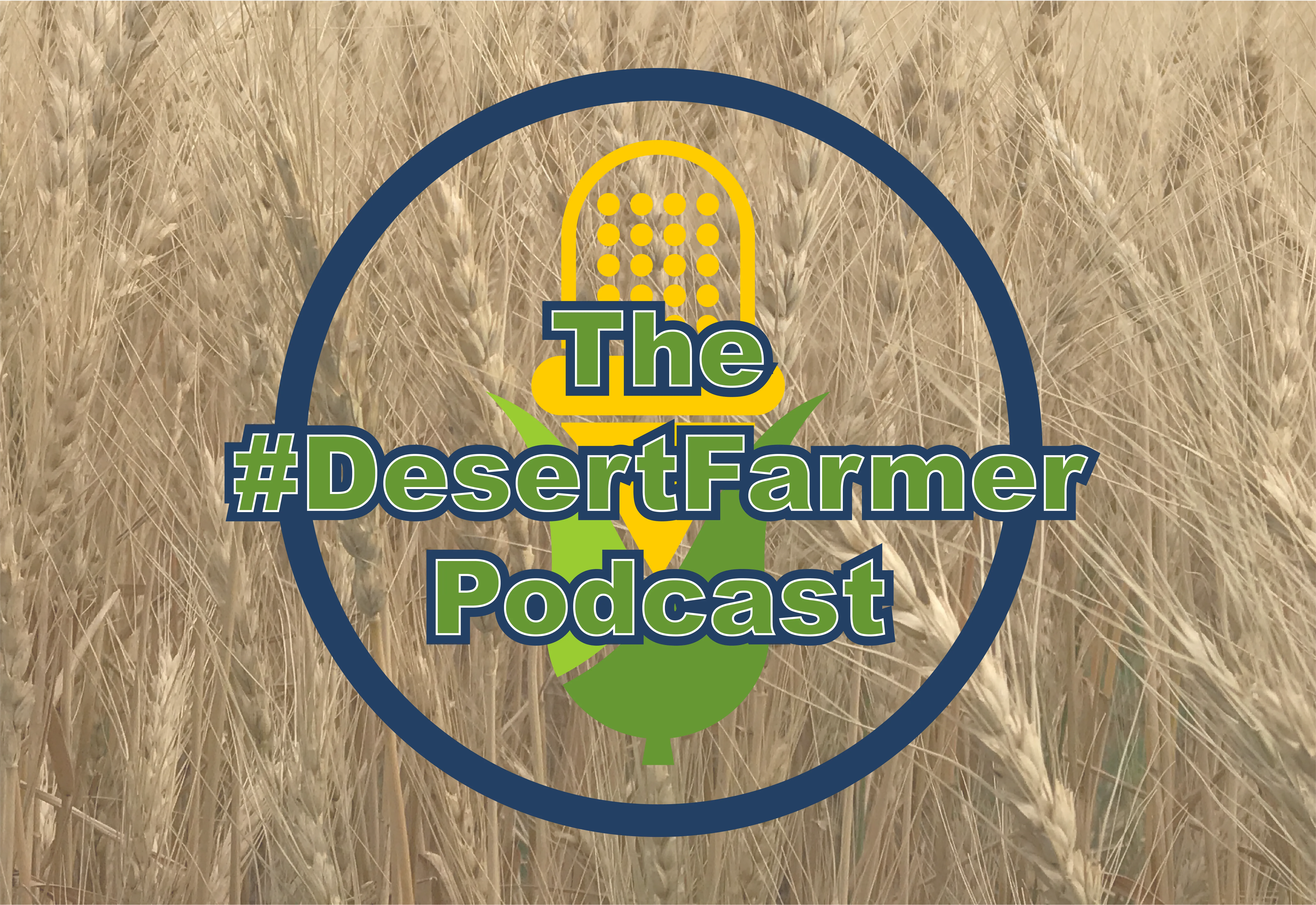
Daily Audio Newscast Afternoon Update - December 3, 2024
News from around the nation.
Supreme Court to weigh key transgender care case: Sustaining services for rural Ohio's sexual-violence survivors; High tech brings efficiency but adds complexity to rural SC farming; As candidates are sworn in, some will be reminded of factory farm health impacts.
Transcript
The Public News Service Tuesday afternoon update.
I'm Mike Clifford.
The Supreme Court tomorrow will consider the state's abilities to prevent transgender adolescents from using puberty blockers and hormone therapy.
It's a major culture war flashpoint that comes to the high court after President-elect Donald Trump campaigned on ending what he called "left-wing gender insanity."
That from USA Today.
They report how the conservative court decides the transgender rights out of Tennessee could affect not just access to specific medical treatments across much of the country, but could also impact ongoing legal challenges to other rules targeting transgender people.
And today is Giving Tuesday.
The season offers folks in Ohio an opportunity to reflect on the importance of supporting community services for survivors of sexual violence in rural Ohio.
These donations are critical in maintaining vital resources.
In 2023, donations made up about 1 percent of incoming funds to the Ohio Alliance to End Sexual Violence.
Taylor Ucker-Lauterman of the coalition explains rural areas face unique challenges.
We've known for a while that there are service gaps there.
And we still need to provide crisis services like legal aid, like housing, medical services.
And we don't want to lose any momentum.
We want to keep our work going.
Rural areas often lack the resources available in urban centers, creating barriers to critical services such as transportation and crisis support.
The coalition emphasizes the importance of believing survivors and supporting them on their journey toward healing.
Farah Siddiqui reporting.
And when newly elected candidates take office next month, they'll hear from a range of constituents and special interest groups about various issues.
In states like Nebraska, the health impacts from factory farms could be among them.
Nebraska is among the states with the most concentrated animal feeding operations.
Environmental lawyer Jonathan Leo worries the election results won't do anything to shake up the status quo in regulating these sites.
There is a longstanding political culture that is anti-regulatory.
Even with growing research about harmful nitrates from animal waste polluting drinking water, Leo says there's too much baked-in resistance at the local, state and federal level to push for meaningful change.
Next to South Carolina, where rural American farms are going digital.
Tools such as artificial intelligence, satellite and drone imagery, remote irrigation and self-driving tractors are becoming the future of farming.
The new way of doing things is called precision agriculture, designed to help produce higher yields and adapt to the global climate crisis.
Rachel Sharp and her father Don run a 2,800-acre operation in South Carolina's Allendale County.
It is being very precise when you farm and that can come in the form of anything from running my irrigation on my telephone to like GPS when we plant seeds in the ground.
Mark Richardson reporting.
This story produced with original reporting from Elijah DeCastro for The People Sentinel.
This is Public News Service.
We head next to the Lone Star State where a new Texas organization hopes to increase civic engagement among business leaders.
The Texas Business Leader Alliance officially launches today.
Dr. Anjanette Wyatt with Clinical Care Pharmacies in Houston says the group will focus on several key issues to increase work in the community.
Economic development, health care, civic participation, cross-sector collaborations, business community partnerships, all this can really take us a long, long ways.
We're hoping to impact the communities and private sector by conducting research.
A recent survey of 500 Texas business leaders shows that 97 percent agree that civic engagement is important and 64 percent believe businesses should do more.
I'm Freda Ross reporting.
And Bethany Christian Schools in Goshen is transforming its food service through a vibrant farm to school program.
We get more in this Arts Midwest Indiana News Service collaboration.
Tara Swarzendruber leads the initiative which integrates education, sustainability and locally sourced meals.
She says the program includes gardening on campus, partnerships with local farmers and a hands-on approach for students from kindergarten through high school.
She adds it gets kids out of their box.
Thinking about the experiential piece of food and those connections, sort of the joy that we have when we eat together and it feels like it's been a good way to sort of introduce foods to students they may have not ever had before.
The school's cafeteria has moved beyond reheating food to preparing meals with fresh, seasonal ingredients.
This story was produced with original reporting from Amy Felagy for Arts Midwest.
I'm Joe Ulari, Public News Service, find our trust indicators at publicnewsservice.org.
Finally as Colorado experiences more frequent extreme weather events, prolonged drought and loss of biodiversity because of a change in climate, farmers and scientists are developing more resilient and sustainable practices and they mimic what Mother Nature has been doing for thousands of years.
Liz Carlile is co-author of a new study published in the science journal Frontiers and says agroecological farming can create tightly connected cycles of energy, water and nutrients if farmers get the resources they need.
If we want to have a more sustainable food system, we really need to invest in that next generation of farmers and their development of knowledge and really think of them as the most important resource in farming.
Most of today's farms rely on fossil fuel-based inputs such as chemical fertilizers and pesticides.
This new approach prioritizes a living, healthy soil and aims to replace non-renewable chemicals with people who know how to tap into natural ecosystems.
I'm Eric Galatas.
This is Mike Clifford for Public News Service, member and listener supported.
Hear us on interesting radio stations, your favorite podcast platform.
Find our content and trust indicators at publicnewsservice.org.















